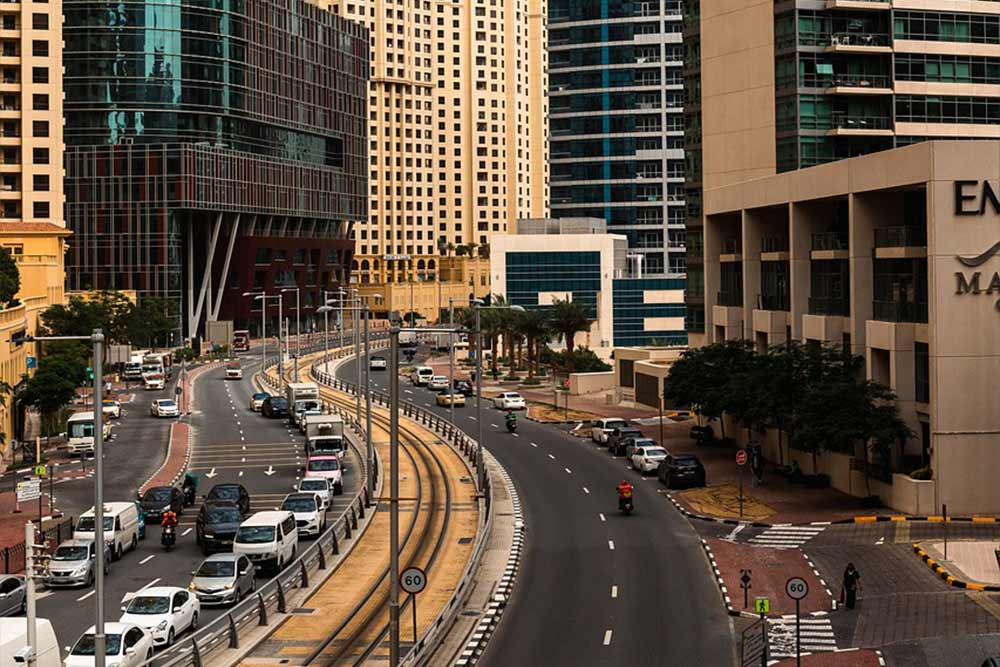Now Reading: 7 Shocking Mistakes Foreign Sellers Make in Dubai Property
-
01
7 Shocking Mistakes Foreign Sellers Make in Dubai Property
7 Shocking Mistakes Foreign Sellers Make in Dubai Property

Table of Contents
Dubai’s real estate market is one of the most dynamic and profitable in the world. Over the years, thousands of foreign investors have bought property in the city due to its high rental yields, strong capital appreciation, and tax-free benefits. However, what foreign sellers need to know about selling property in Dubai includes some shocking legal and financial details that go far beyond just putting a house on the market.
If you’re a foreigner planning to sell property in Dubai, you must understand the process, legal requirements, fees, and possible risks. This article breaks down everything clearly in simple English to help you avoid losses and delays. Whether you’re exiting the market or cashing in profits, these steps will guide you through a smooth transaction.
1. Understand Freehold vs Leasehold Zones

The first thing foreign sellers need to know about selling property in Dubai is the type of ownership they hold. Dubai has freehold and leasehold zones:
- Freehold zones allow foreigners to fully own property, including the land.
- Leasehold zones permit ownership only for 10 to 99 years without owning the land.
You can only sell property that you legally own under these rules. Always double-check your ownership documents with the Dubai Land Department (DLD).
2. Hire a Licensed Real Estate Agent
Selling property in Dubai involves legal paperwork and negotiations. Hiring a licensed agent is not mandatory, but it is highly recommended. Agents help you:
- Set the right selling price
- Market the property professionally
- Handle buyer inquiries
- Manage viewings
- Negotiate deals on your behalf
Make sure the agent is RERA-registered (Real Estate Regulatory Agency). This protects you from scams and unlicensed brokers.
3. Sign Form A with the Agent
Once you choose an agent, you’ll need to sign Form A, the official listing agreement with the Dubai Land Department. This form:
- Confirms your intention to sell
- States the agreed price
- Gives the agent legal right to market your property
- Includes details like commissions and timelines
Without this form, your property cannot be listed on official portals like Bayut, Property Finder, or Dubizzle.
4. Understand the Selling Fees
Knowing the total cost is part of what foreign sellers need to know about selling property in Dubai. Here are the common fees:
- Agency commission: Usually 2% of the selling price
- DLD transfer fee: 4% of the sale value (usually paid by the buyer, but negotiable)
- NOC fee: AED 500 to AED 5,000 depending on the developer
- Mortgage discharge fee: If you have a mortgage, you must clear it before selling
- Trustee office fee: Around AED 4,000
Make sure to check all charges beforehand to avoid surprises.
5. Obtain a No Objection Certificate (NOC)
Before transferring ownership, you must get a No Objection Certificate (NOC) from your property’s developer (e.g., Emaar, Nakheel, Damac). This confirms:
- There are no outstanding service charges
- There are no violations or penalties
- The buyer can take legal possession
The process takes 5–7 working days. The seller usually pays the NOC fee.
6. Finalize the Sale at a Trustee Office
All real estate transfers must take place at a DLD-approved trustee office. Both buyer and seller (or their legal representatives) must be present. Required documents include:
- Original title deed
- Emirates ID (if you live in UAE) or passport copy
- NOC from the developer
- Form F (Sale and Purchase Agreement)
The buyer makes the payment through a manager’s cheque, and the title deed is issued in the buyer’s name immediately after.
7. Tax Rules for Foreign Sellers

Here’s another important point in what foreign sellers need to know about selling property in Dubai: Dubai does not charge capital gains tax, which is a big advantage. However, if you are a tax resident of another country, you may need to declare the profit there.
Always consult a tax advisor in your home country to avoid unexpected penalties.
8. Can You Sell Remotely?
Yes, foreign sellers can sell Dubai property without being in the UAE. You can issue a Power of Attorney (POA) to a trusted person, usually a lawyer or agent. The POA must be:
- Attested by the UAE Embassy in your home country
- Legally translated into Arabic
- Approved by the DLD
Remote selling is convenient but requires precise documentation.
9. Avoid These Common Mistakes
Many foreign sellers lose time or money due to simple errors. Avoid these mistakes:
- Overpricing the property
- Choosing unlicensed agents
- Not clearing service charges or mortgage
- Delaying NOC applications
- Not understanding legal steps
Be prepared with all documents and timelines to close the deal smoothly.
10. How Long Does It Take?

Selling a property in Dubai can take 4 to 8 weeks, depending on the buyer’s financing, mortgage clearance, and document readiness. Cash buyers can speed up the process. Mortgage buyers may take longer due to bank approval steps.
Final Thoughts
Now that you know what foreign sellers need to know about selling property in Dubai, you are in a better position to avoid legal risks and sell faster. From understanding ownership types to closing at a trustee office, each step matters.
With the right planning and expert help, selling property in Dubai can be a profitable and stress-free experience.
Also read – Using Online Platforms to Sell Dubai Real Estate: 7 Powerful Ways






















